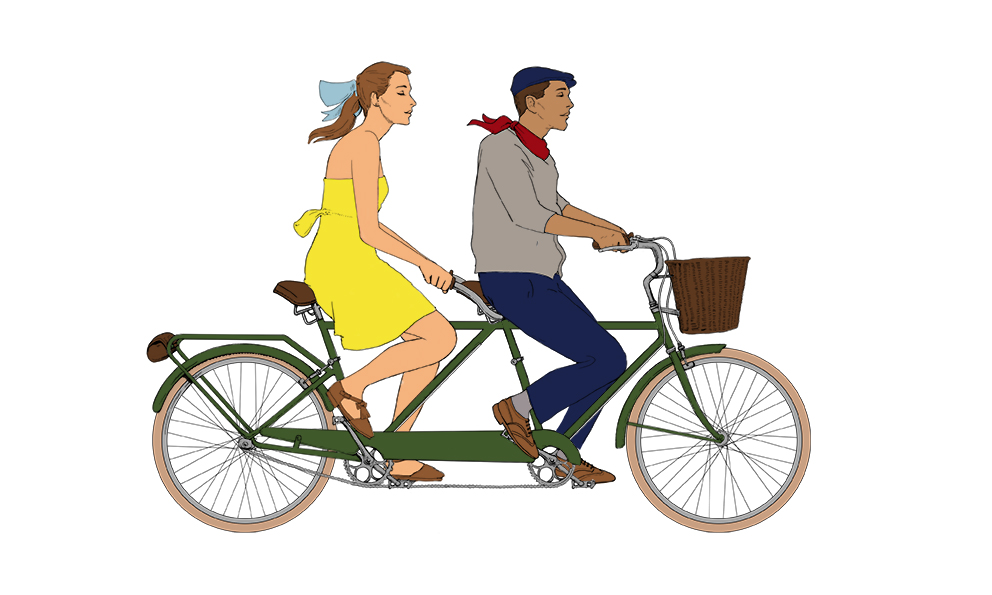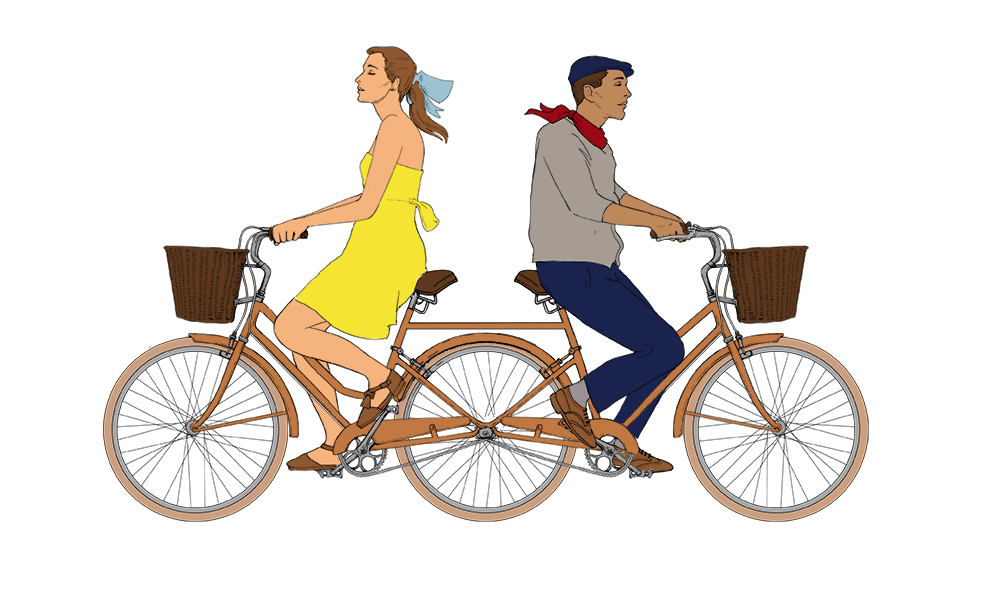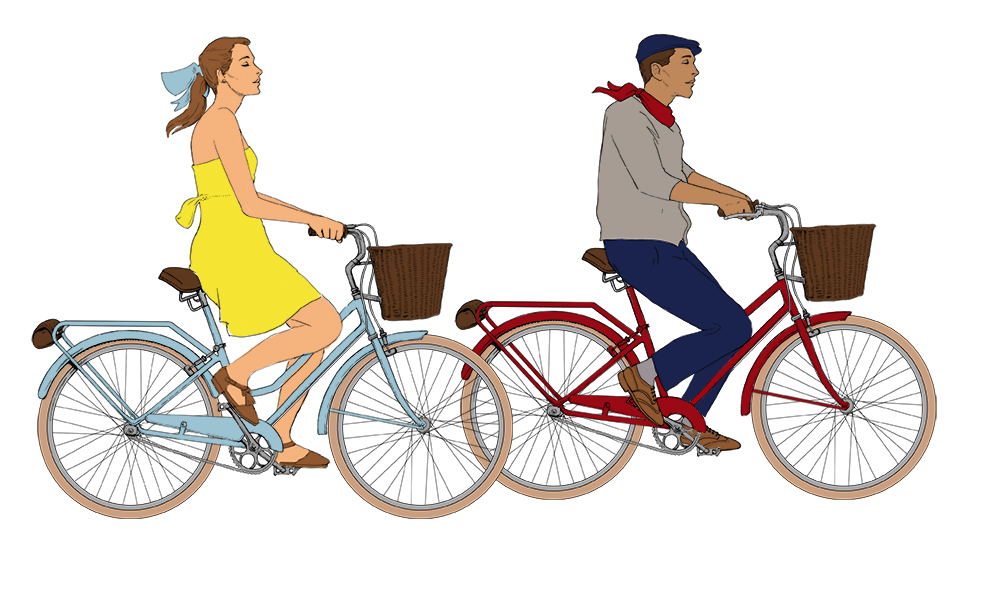
Many people seem confused by the distinction between a traditional relationship and a transitional relationship.

The phrase "traditional relationship" refers to the type of relationship that developed about 8000 years ago. In these relationships, the man owns his wife or wives outright, just like he owns his cattle and his slaves. He bought her from her father for a negotiated dowry, and nobody cares what she thinks about it: it is her duty to obey the men in her life. Traditional relationships are not relationships between equals.
In the last two centuries, it has become fashionable to have the woman agree to her marriage, but nothing else has changed. In a traditional relationship, husbands are usually older and wealthier than their wives. They expect women to take care of the home and the children, beat them if they feel like it, and have mistresses or go to the whores. In a traditional relationship, the husband is master of his wife, and they were rarely very happy: people just had lower expectations and fewer alternatives back then.

The phrase "transitional relationship" refers to a new type of relationship that has developed in the West since the Second World War. Unlike a traditional relationship, a transitional relationship is reciprocal: the man and the woman are equal partners. But unlike a volitional relationship, they are bound by contractual obligations: fidelity, commitment, shared workloads and finances. In a sense, they're both wives!
It's called a "transitional" relationship because it's halfway between traditional and volitional relationships, and is typical of societies that are in transition between a past in which women were property and a future in which women will be people. Many women are reluctant to give up the security and freedom from responsibility that were theirs in traditional societies, even when they want the other freedoms associated with full enfranchisement. They want the best of both worlds!
But transitional relationships have one big problem: they don't work well. Just like flying cars or sofa beds, it's hard to do two things well. So the failure rate for transitional marriages is over 90%, with about two thirds divorcing.

The phrase "volitional relationship" refers to a kind of relationship in which the parties are bound by affection, not by obligation; volitional relationships are friendships, not contracts. In volitional relationships, men and women treat each other as men have always treated each other: as peers. To continue the metaphor, both partners are husbands.
Please get your terminology right! Don't say you like to be in a traditional relationship - the man is in charge - when what you really mean is a transitional relationship - both partners are equal.
This situation with marriage parallels the broader situation in society, for instance in the workplace, or even more broadly in how people see themselves within a society. The "traditional" pattern is a hierarchy - the relationships are vertical and unequal, and everybody has only one patron. The modern "volitional" pattern is a network - the relationships are horizontal and reciprocal, and each person has many such relationships. And there is a "transitional" pattern which represents something of a false direction, a dead end.
For example, the traditional form of employment had the worker - slave, serf or vassal - exchanging service for his livelihood. Essentially, he became a dependent of his patron, like the patron's children, wives and livestock. With the advent of paid employment after the Industrial Revolution, workers became more independent, but the postwar labor movement has acted to restore the old dependence - a false path forward. The good path is the opposite: for the balance between employer and employee to be more even, becoming client and vendor, with each playing both roles and having multiple client relationships. In a client-vendor relationship, there is no obligation: each party is free to take his business elsewhere, if he's not happy. Because of that, the other party tries to keep him happy, and everyone ends up happier.
That is our future, in marriage and employment both, whether we like it or not. Workers and wives that like being dependent - that like having someone else be responsible for their well-being - will find it increasingly difficult to find patrons and husbands willing to bear that responsibility. And that's what we see: high unemployment even in booming economies, and low marriage rates even among couples who live together. Our legal systems will try to maintain the old status quo for a while, but their efforts are doomed in the long run, and sooner rather than later among the more advanced societies.
And it's a far better world we're heading towards! But that doesn't make the transition easier for those accultured to the traditional approaches.
| © 2016 Alivox | www@alivox.net | 16apr17 |